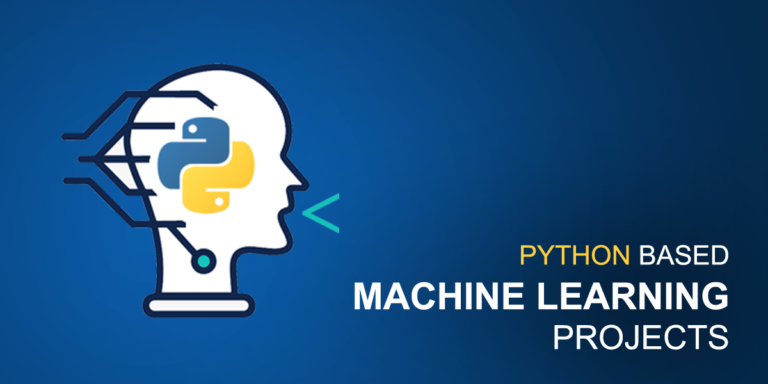
Abstract:
Medical IoT devices and cloud technology are popular. Sharing EHRs improves medical diagnosis and public health. Hospitals struggle to share EHRs, and patients rarely know how their records are used. This paper proposes a cloud computing collaborating blockchain-based patient-controlled EHRs sharing scheme. The blockchain protects the medical abstract and access strategy. We recommend attribute-based and multi-keyword EHR encryption for fine-grained access control. To prevent Byzantine nodes from entering the consortium blockchain, we proposed a node-state-checkable Practical Byzantine Fault Tolerance consensus algorithm (sc-PBFT). To avoid malicious records, we check the elected master node first. Complete the client’s consensus request using pre-prepared, prepare, and commit processes. Finally, the consensus algorithm evaluates the master node’s state after the three-stage process to reduce the malicious node’s impact on the consortium blockchain. The malicious node will be identified and isolated. Experimental results show that the proposed sc-PBFT algorithm handles better and reduces consensus latency. Compared to PBFT for Byzantine nodes, sc-PBFT improves consortium blockchain network robustness and handling.
Note: Please discuss with our team before submitting this abstract to the college. This Abstract or Synopsis varies based on student project requirements.
Did you like this final year project?
To download this project Code with thesis report and project training... Click Here

